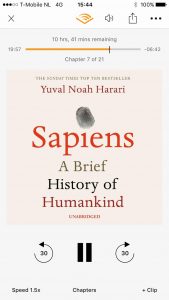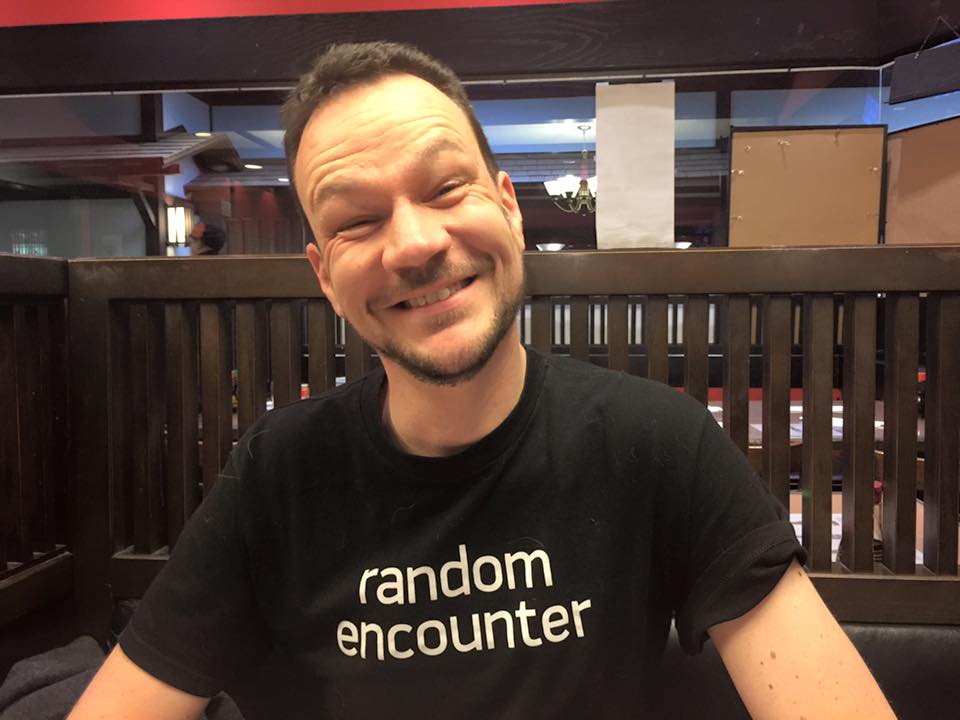Lately, I’m getting questions on “how to invest” income beyond direct living costs.
Just like with GTD systems, I find it very important to have a financial system that one can relax into fully. Not having concerns about money frees up a lot of mental and emotional energy, and can shift one from a scarcity to abundance mindset.
My advice and practice is go implement this once the daily living costs have been covered, in the below stated order:
- Put an amount of at least 6 months of living costs + one big unforeseen cost (e.g. suddenly needing a new car due to an accident) aside in a savings account as buffer for hard times.
Taking out a loan is very expensive, both in money (interest) and in energy (loss of abundance mindset). - Invest at least 15% in a financial freedom fund, some form of savings that does not easily lose value but is accessible if you need it within half a year, relative to the way you live.
In my case it is my own house and office, as I don’t likely need to move anytime soon. If you are like a lot of my friends and you want to stay more mobile for a while, consider an investment fund that has the same distribution as the Dow Jones, but mind the costs and risks!! I highly advise reading Tony Robbins’ “Money, master the game” on this topic. Management costs above 0.5% annually of your investment will kill any value accrued. - Invest 10-30% in development of skills and contacts that make you more valuable, more productive and widely skilled, so that you upgrade your market value by at least one order every two years. Examples include workshops that really stretch you beyond what you think you could do or mastermind groups at a level you think is beyond your stature.
After the above, you can put the remainder into further tweaking of your financial growth and stability, with your choice of:
- Extending your safety buffer to 12-24 months (I aim for 18+ months, allowing for a safety margin to abort ventures)
- Reducing any costs you have (e.g. paying off outstanding credit card, loan or mortgage costs)
- Investing in quality products and services that require reduced upkeep costs and make you much more productive
- More investment in financial freedom capital
- More investment in totally different skills and contacts
And whatever you have left and are entirely ok with losing completely, gamble that by:
- Paying it forward to a personally worthwhile social goal. Ideally, this could be bootstrapping someone you personally care about towards their self independence, their growth, while expecting nothing in return (and probably getting a lot from that in feeling good).
- Trying an investment in a start-up you believe in will work financially (with a return of at least 10x) and do your kind of good in the world. Then don’t touch or even look at that investment for at least 5, preferably 10+ years. Don’t expect it to return anything, be positively surprised when it does.
- If you really must learn that lesson yourself: lose it by gambling on the stock market, stepping into or out of the latest crypto coin hype too late, or other such “I can beat the system” delusions.
I hope this view helps you decide wisely where to put your money.
For the growth!
Wouter










